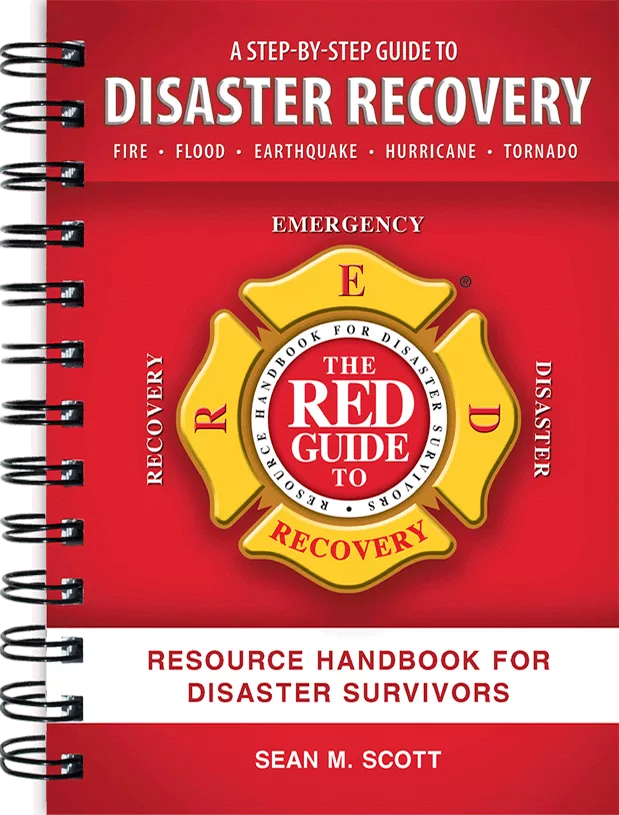5 Winning Traits of a Business Coach

If you think finding a new employee is difficult, try choosing a business coach. It takes a lot in understanding of your needs and their ability to help you with those needs.
Have you ever been asked what’s the difference between a coach and mentor? I’m sure many people have mentors. I have several, one for investments, one for spiritual growth, and a few for business growth. However, I only have one coach. My mentors are free, my coach is not.
1. Real-World Experience
It took me about nine months to decide on who I felt would be the right coach for me. For me it had to be someone who met several criteria. First, this person had to be as successful if not more so than I have yet to be. You see, I have a personal rule; I call it the Hemmingway Rule. Hemmingway believed a writer should not write about something unless he or she had actually experienced it themselves. I would have a difficult time taking coaching advice from a coach who was less successful than me, had overcome very few challenges, or not gone through some real-life experience. The same holds true in other aspects of my business. I wanted to choose a coach who had run larger companies than I had, dealt with larger HR issues, and had more experience in building a team. Please understand, I believe one can learn from people who don’t have the experience, but if I am going to have weekly calls and deep conversations about recommendations on how to navigate my career or business, I’m going to rely on my Hemmingway Rule. That experience is critical to me. My coach must have the “been there done that, bought the t-shirt” status. This experience is what I’m paying for. To clarify, though, my coach does not need to be an expert in my field. I actually prefer they aren’t. When I talk with my coach, I want to fully explain a process or issue I’m needing help on. I don’t want my coach to have any bias about “oh that’s just the way it is” or “that’s just not possible in our industry.” I’m looking for a fresh perspective, one without barriers.
2. Trust
Above and beyond experience, trust is probably the first thing I consider when choosing a coach. The obvious question is do I trust this person? Can I trust them with all of the personal information I’ll be sharing with them? Often, conversations with a business coach will transcend the invisible lines between personal and business and so they should! Remember, a coach is about you growing as a business person (and some personal growth); this is not a therapy session. You should be comfortable talking with your coach about some of your personal issues. In reality, many of our personal issues don’t stop at the front door of our workplace, and unfortunately our work issues don’t stop at the door to our home. Complete trust is imperative for a successful coaching relationship to work. Therefore, a coach should have a non-disclosure offered to you as part of their services. The agreement creates a level of trust and expectations at the very beginning of the relationship. If you think you don’t need one, just ask the guy who helped start Facebook. Yes, the one that Mark Zuckerberg stiffed for billions of dollars. I’m talking about the guy who no one knows (unless you have seen the movie).
3. Intelligence
Intelligence was also important to me. Finding someone smarter than me wasn’t difficult, trust me. I needed to find a coach that not only had the same streets smarts as me but also someone that was smarter than me; someone whose education and intelligence were greater than mine.
4. Their Own Success
Another key factor for me was finding a coach that had started their own business and grew it to a bigger company than mine. It’s important that they have walked through the trenches of growth, knowing what it’s like starting from scratch. A coach that came from nothing, was given nothing, and is turning nothing into something. It’s different when you’re out on a limb taking a chance and have everything to risk. If I was going to respect my coach, they needed to understand the stress and pain of taking an idea and going for it, and they had to have a track record of success.
5. Well-Planned Coaching
Coaching should be frequent and consistent. Generally, this means an approximately hour-long phone conversation once a week. Meetings must be kept on both sides; if a meeting cannot be kept at the regular time, then a meeting must be rescheduled ASAP. It’s not acceptable for you or your coach to miss coaching calls. I even recommend attending your coaching calls while you’re on vacation. Your perspective while you are away from the office will be totally different than in the trenches of daily work life.
Coaching fees will range depending on the level of coach that you require at the time. I have seen rates ranging from $200 per month to $4000 a month. It’s really important that a system be put in place for topics of conversation. You don’t want a coach that is going to just talk to you for an hour; there needs to be an agenda for the call. The next call should begin with any homework that needed to be done (or accomplished), and then on to the next topic. It’s also important that goals are set and measured. A coach should fire you if you don’t do what you say you’re going to do. You should fire your coach if they don’t do what they say they are going to do. Very little leniency should be given in either scenario. This is a business relationship and should not be anything else.

When It’s Time to Move On
It’s important to understand you may have one particular coach for only a certain period of time. Once you have grown to a certain point, it’s probably time to find another coach. It’s a good idea to have that conversation early on in the relationship. Set some goals and milestones you are looking to achieve while working with your coach. Depending on where you are in your career will depend on the level of coach you require. Choose a coach that will tell you when you’re ready for a new coach; someone to take you to the next level.
I can’t express how important it is to have a coach in today’s business environment. I firmly believe it will help you to stay ahead of your competition, keeping your business in front of you instead of the rear view mirror. If you are serious about your career and wanting to better yourself, and in turn the people around you (including your loved ones) then get a coach, and be very choosey in that coach.
Looking for a reprint of this article?
From high-res PDFs to custom plaques, order your copy today!








